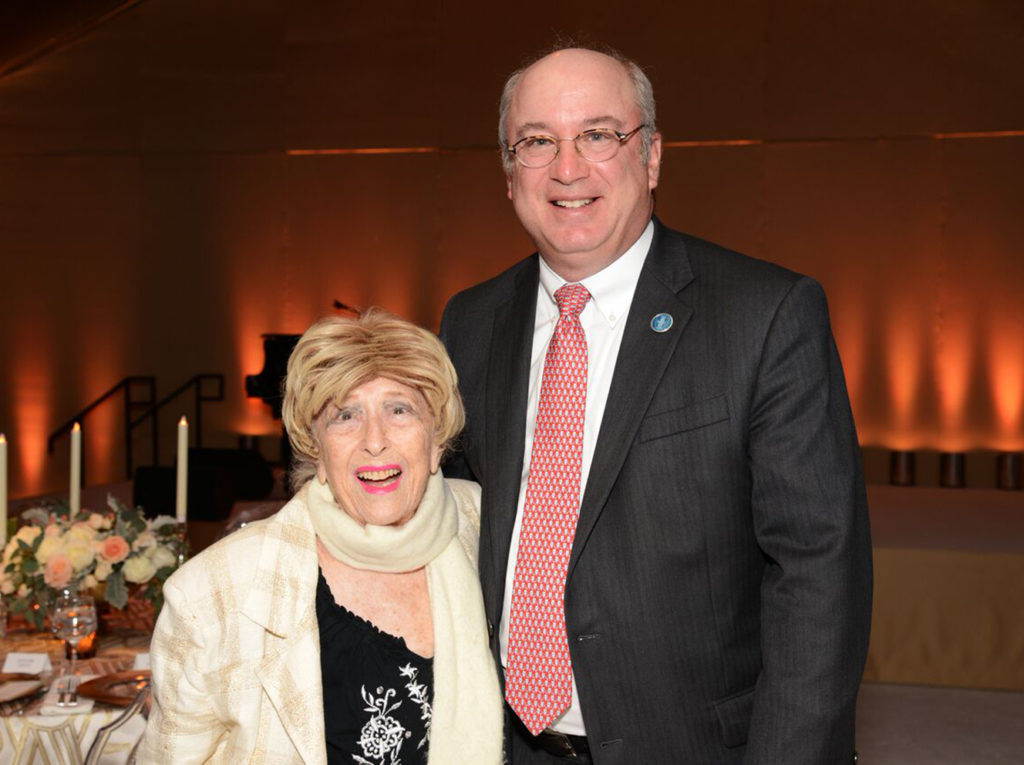Inflammatory bowel disease (IBD) — including Crohn’s disease and ulcerative colitis — causes chronic inflammation of the gastrointestinal tract. The incidence of IBD in children and adolescents is increasing. About 140,000 children, plus an estimated 3 million American adults over age 18, have IBD.
 Harland Winter, MD, is director of the Inflammatory Bowel Disease Center at MassGeneral Hospital for Children (MGHfC). He’s spent his career taking care of children with IBD and researching ways to improve their care.
Harland Winter, MD, is director of the Inflammatory Bowel Disease Center at MassGeneral Hospital for Children (MGHfC). He’s spent his career taking care of children with IBD and researching ways to improve their care.
What is life like for a child with IBD?
Some children have symptoms of abdominal pain and diarrhea that keep them from activities, but most are able to fully participate. IBD may go into remission and the inflammation often can be controlled with medication and diet. I tell them, Dwight D. Eisenhower, the 34th President of the United States, had Crohn’s. They can live a normal life and even become president if they so desire.
Our center has been involved in many clinical trials over the years to understand the best treatments for each patient.
What’s known about effective treatments?
We take a multidisciplinary approach to treating a child with Crohn’s or colitis, including nutrition, medications and stress management. We personalize treatment. Our center has been involved in many clinical trials over the years to understand the best treatments for each patient. We share this experience with our patients and discuss new drugs that are now available to block inflammation.
What have you learned about the role of the microbiome — the microorganisms like bacteria that live in our bodies?
We’ve come to understand that the microbiome plays a critical role in how our bodies function. Non-human DNA makes up about 90 percent of our DNA. When the microbiome gets perturbed or changed in some way, we think it interacts with the immune system to trigger inflammation.
About 10 years ago, we were awarded one of the first National Institutes of Health grants to study the microbiome and IBD in children. We showed that the microbiome is relevant to Crohn’s disease and ulcerative colitis and that may play a role in the effectiveness of nutritional therapy in treating IBD.

Read more about research and care at MassGeneral Hospital for Children:
• Toddler Sleep Issues May Lead to Later Problems
• E-cigarettes and Asthma: What are the Health Impacts?
• Pediatrician Engages Communities to Impact Health
• Expert Food Allergy Care Transforms Girl’s World
The bacteria eat what we eat, and when we change what we eat, our microbiome changes. That is why we started a special program at MGHfC dedicated to nutritional therapy for Crohn’s disease. In addition, we suspect that some foods, preservatives or food additives might trigger intestinal inflammation.
How can philanthropy help your research?
Additional support would allow us to advance our microbiome research in children, and better understand the role nutrition and the microbiome play in causing inflammation in individuals with Crohn’s disease and ulcerative colitis. We have samples already collected from over 1,500 children with gastrointestinal disorders that, with additional funding, are ready for analysis. We anticipate that these studies will lead to biological markers to help us not only identify who has IBD, but also to predict which treatment is best for an individual patient. This is the goal of personalized medicine.
What is your advanced fellowship and why is it so important?
At MGHfC, we have a responsibility to train physicians to care for people who will live with chronic conditions. We started one of the first programs to train pediatric gastroenterologists to specialize in the care of children with IBD. This additional year of training is supported largely by philanthropy.
Yours is one of the few programs that treats patients with IBD over their lifetime. What are some of the challenges of transitioning that your program addresses?
Transitioning care refers to changing responsibility of care from parents to the patient. When our patients leave home, there are many issues that we discuss. We have started a “transition program” to teach our patients the skills to manage IBD and stay healthy throughout their lives. For those who are not living at home, we can set up virtual visits using telemedicine technology available at MGHfC. They can email us if they have questions and I give them my cellphone number for an emergency. One of the unique things about our IBD program is that our patients can stay at Mass General for care through their adulthood.
For more information on how to support Dr. Winter’s research, please contact us.





